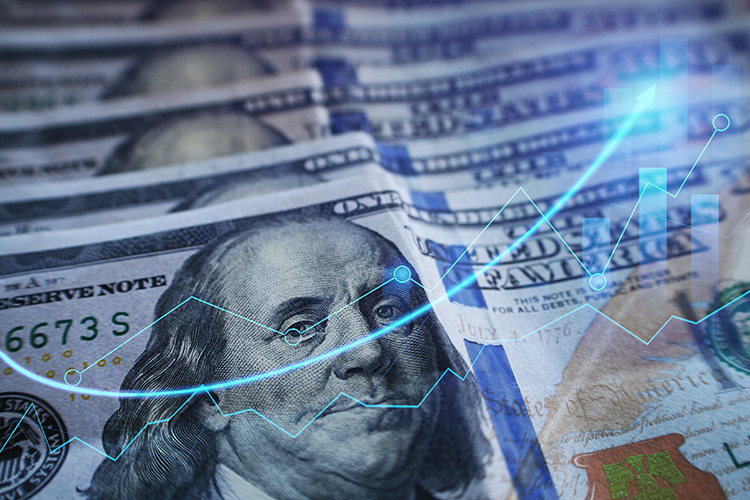
In many ways, the inflationary society we have been living and running our businesses in for more than a year now is a wakeup call. One of the shocks has been the climbing cost of borrowing money as the Federal Reserve attempts to tamp down inflation by raising interest rates. Last week, the Fed announced the seventh rate hike of the year.
Although that increase was a quarter of a point lower than previous jumps, it is going to have very broad implications for the entire dairy industry, which heavily relies on capital, said Chris Wolf on the December 14 Hoard’s Dairyman DairyLivestream.
“That’s going to take that overnight borrowing benchmark rate that all of the lenders benchmark to up to 4.25% to 4.5%. That’s the highest level it’s been at in 15 years,” Wolf explained. “After a couple of decades of very cheap money, the interest rates are going to work all the way through and affect the supply response from the farm level to processors and retailers.”
Money has been “cheap” for a while because interest rates have been so low, and paying back borrowed capital has been relatively straightforward. Although that’s not really a usual thing, we’ve gotten used to it because it’s been the case for so long.
“I’ve been teaching an ag finance class for a couple of decades now, and when we talk about interest rates and I throw up a graph of historical rates, I say we can’t stay at basically zero forever,” Wolf described. “But I’ve got a whole generation of students I’ve taught now, even some of their kids, who are still hearing the same story from me. We really have been cheap, and you adjust to that. You anchor to what you’re used to, and we’ve anchored to those low interest rates.”
With the Fed changing that reality over the course of the year, Americans in all sectors are having to reconsider the cost of their money.
“It’s going to cause a recalibration of how you think about loans and how you think about asset prices,” said University of Illinois Extension specialist Gary Schnitkey.
In agriculture specifically, the farm business management expert said that when interest rates are low, farmland and asset prices are pushed up. When that environment changes, prices for farmland, stock, and other assets will remain relatively stable, or perhaps even slightly decline, for a while.
A glimmer of good news amid this situation is that inflation appears to be slowing. The November numbers showed the smallest monthly rise in Consumer Price Index (CPI) since last December, and that was the fifth straight month of a year-over-year decline in inflation, said Wolf. If the intended results of these rate hikes continue to be realized, the end of that rollercoaster may be in sight.
To watch the recording of the December 14 DairyLivestream, go to the link above. The program recording is also available as an audio-only podcast on Spotify, Google Podcasts, Apple Podcasts, and downloadable from the Hoard’s Dairyman website.
The next broadcast of DairyLivestream will be on Wednesday, January 11 at 11 a.m. CT. You can sign up here now. Registering once will sign you up for all future events.








